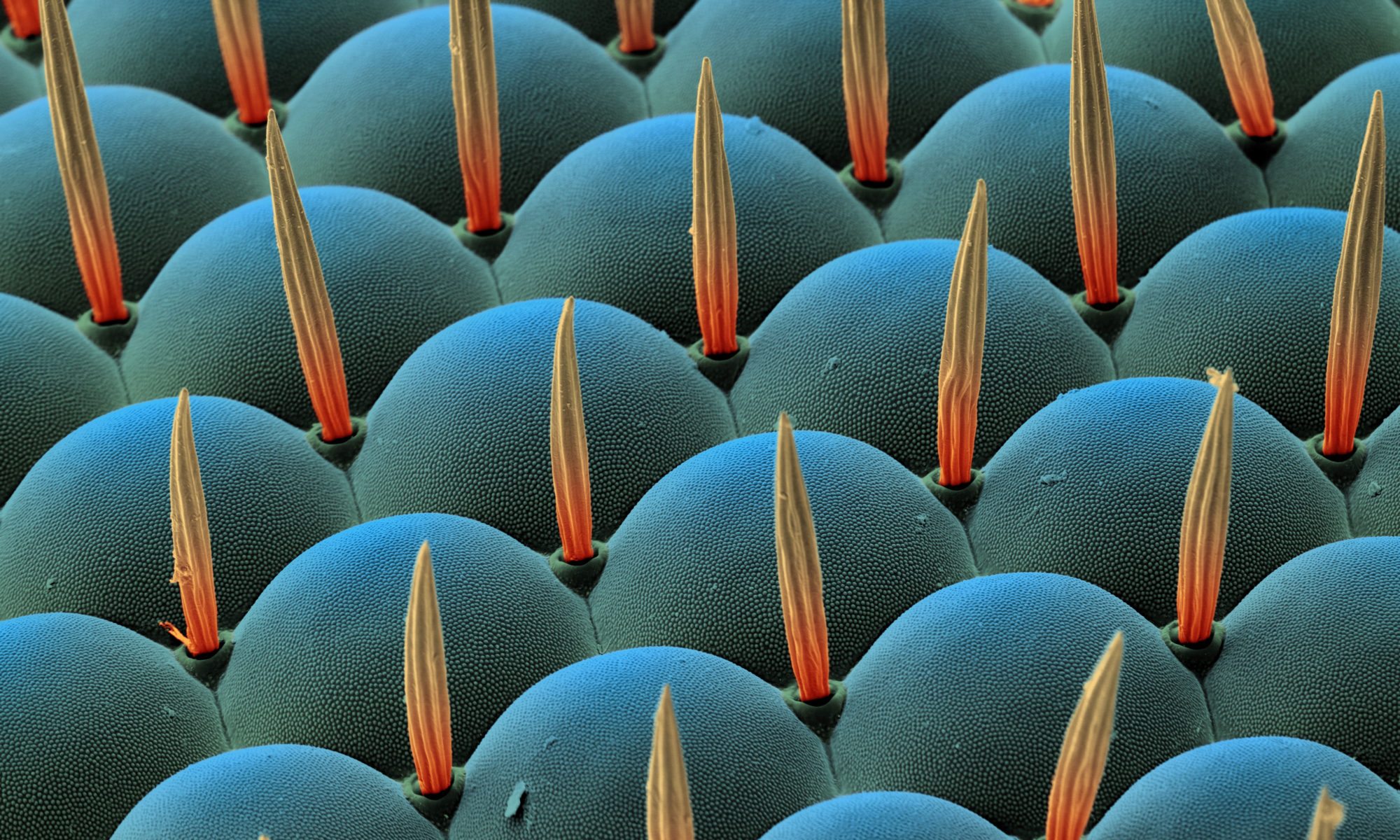Effect of bending-related phenomena on the spectrum profile of the fundamental mode in an optical fiber
Context
In minimally invasive surgeries, it is often required to use non-rigid instruments in order to maximize
accessible regions. However, the main drawback of using flexible tools is the higher risk of damaging non-
target tissues as there is uncertainty about their shape. Consequently, an accurate tracking system is needed.
Shape sensors based on Fiber Bragg Gratings (FBG) are suitable for this task, because they are small,
biocompatible, immune to electromagnetic interference, and require no line of sight.
One of the most recent types of these sensors is based on edge-FBGs, where the Bragg gratings are inscribed on the edge of the core in a single-mode optical fiber using point-by-point femtosecond laser technology. The amplitude ratio of the edge-FBGs is sensitive not only to external perturbations but also to the spectral change of the propagated mode inside the fiber. Therefore, the main challenge is to estimate and correct the effect of spectral instability on the performance of these sensors. […]
